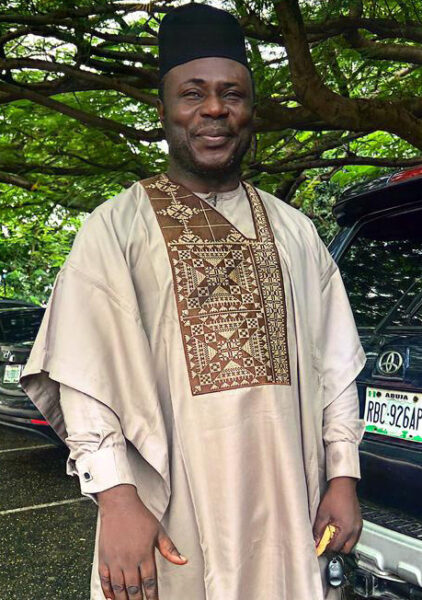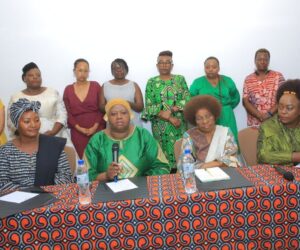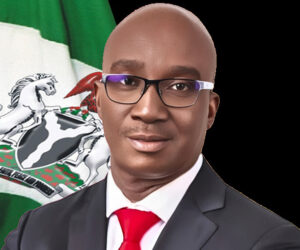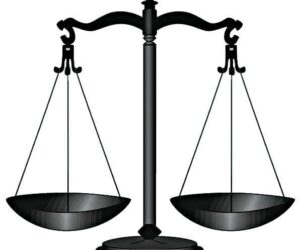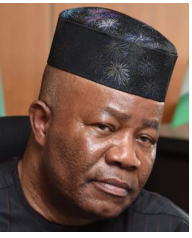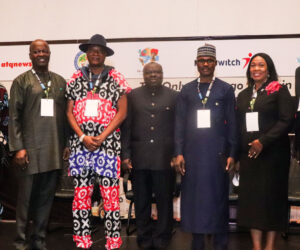1
Chief (Dr.) Amb. Ebosetale David Aigbefoh, Esq., a distinguished legal practitioner, diplomat, and community leader, speaks on a wide range of issues affecting Edo State and Nigeria in this interview with TIM OKOJIE AVE. Recently inducted into the Edo State Quintessential Icons Hall of Fame, Chief Aigbefoh reflects on the recognition, the dynamics of Nigeria’s political environment, electoral reforms, and governance challenges, among other issues. Excerpt:
Congratulations on your induction into the Edo State Quintessential Icons Hall of Fame. How do you feel about this honour?
I’m deeply humbled and honoured to be inducted into the Edo State Quintessential Icons Hall of Fame. This recognition is not just about me—it symbolizes the impact anyone can make when they dedicate themselves to community service and leadership. It’s a reminder that integrity and commitment to humanity still matter.
There have been several defections to the ruling party across the country. What’s your take on this trend?
The political landscape in Nigeria is dynamic. Defections are part of our evolving democracy. However, it’s important for political parties to strengthen their internal structures, ideologies, and values to retain members. Politics should be about principles, not personal gain.
What are your thoughts on the need for electoral reforms ahead of the 2027 general elections?
Electoral reform is essential for ensuring free, fair, and transparent elections. Every stakeholder—INEC, political parties, civil society, and citizens—must contribute meaningfully to shaping a credible process. Only through reform can we build public confidence in our democracy.
What advice would you give to the new INEC Chairman?
My advice is simple: uphold transparency, impartiality, and integrity. Technology should be fully integrated into the process to minimize manipulation and reduce post-election litigations. Nigerians want an electoral body they can trust.
Some analysts have said Nigeria is gradually becoming a one-party state. Do you agree?
Not entirely. The wave of defections does not necessarily mean we’re becoming a one-party state. Nigeria’s diversity and political consciousness will continue to encourage multiparty participation. What’s important is for opposition parties to reorganize and stay issue-driven.
If you were President, how would you tackle the issue of insecurity?
I would prioritize intelligence gathering, community engagement, and swift justice for offenders. Beyond that, addressing unemployment and poverty is key. When people have economic opportunities, insecurity naturally declines. Security and economic growth must go hand in hand.
Senator Ted Cruz recently made comments suggesting Nigerian Christians face genocide. What’s your response?
While I understand international concerns about insecurity in Nigeria, describing it as genocide requires careful evaluation. We must focus on promoting interfaith dialogue, national unity, and peacebuilding. It’s through understanding and engagement that we can overcome divisions.
What’s your opinion on the case of Nnamdi Kanu?
The law should always take its course. If the Appeal Court has ruled in his favour, the government must respect judiciary’s decision. Upholding the rule of law strengthens our democracy and reinforces citizens’ trust in the justice system.
How would you assess Governor Monday Okpebholo’s administration so far?
For a government less than a year in office, I’d say there’s been commendable progress. I’d score them above 50% in several areas. However, more attention is needed in tackling insecurity, improving infrastructure, and driving economic development.
In your view, what areas should the Edo State government focus on most?
The government should concentrate on infrastructure development, education, and job creation. These are the pillars that directly impact the lives of the people and can propel Edo State toward sustainable growth.
Edo is rich in mineral resources. How can these be used to drive industrial growth?
Edo State has significant potential in oil, gas, and solid minerals. By investing in exploration, infrastructure, and local refining, the state can become an industrial hub. Public-private partnerships are key to unlocking this potential and creating jobs.
Military coups seem to be resurfacing in parts of Africa. How can this trend be stopped?
The root causes—poor governance, corruption, and economic hardship— must be addressed. African leaders must embrace democracy, transparency, and accountability. Regional cooperation and good governance are the strongest antidotes to military intervention.
Finally, what message would you like to share with Nigerians and African leaders?
Leadership must always prioritize the welfare and security of the people. When leaders listen, serve selflessly, and act with integrity, nations prosper. By working together and placing humanity first, we can build a better future for Nigeria and for Africa.

